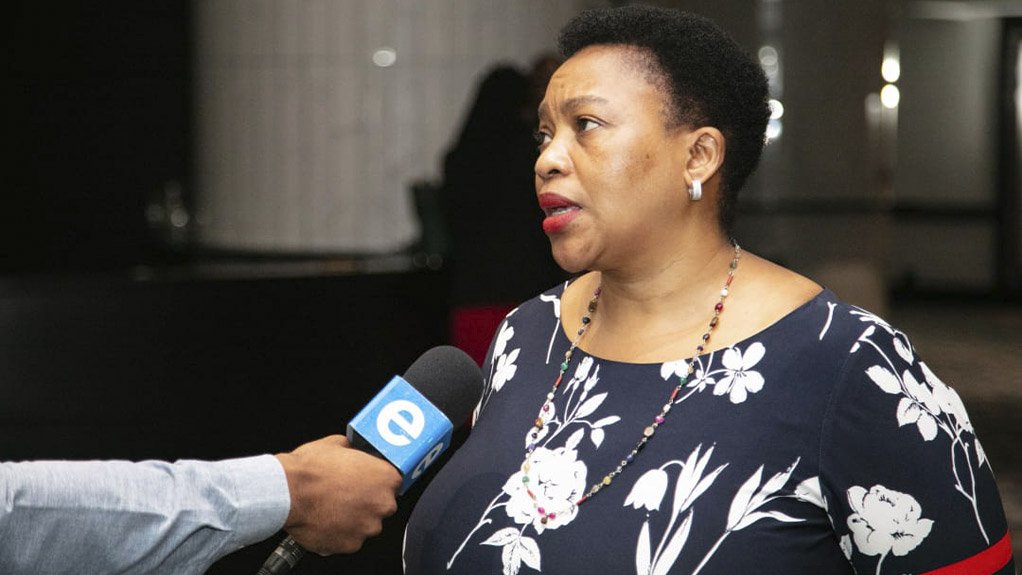Almost half of South Africa’s KwaZulu-Natal (KZN) province faces a bleak festive season, as suggested by the adjusted budget for the 2020/2021 year tabled by newly-appointed member of the executive council for finance Nomusa Dube-Ncube.
The budget paints a horrific picture, indicating that about half of the province’s population is unemployed.
In a statement on Tuesday, Dube-Ncube attributed this high jobless rate to an increase in both forced and voluntary company liquidations.
“The rapid increase in liquidations has led to a distressing rise in the expanded unemployment rate, which is currently estimated at 47.5 percent in KwaZulu-Natal compared to 43.1 percent. This implies that five out of ten people in KwaZulu-Natal are unemployed,” Dube-Ncube said.
Some 243 days into a national lockdown in response to the Covid-19 pandemic, Dube-Ncube said it had had a detrimental impact on the KZN economy during the second quarter of the year.
“As a result, our provincial GDP growth rate fell by a devastating 51.6 percent over the same period. Our projections indicate that economic growth in the province will contract by at least 9.1 percent this year, before moderating to 1.5 percent next year,” she said.
The largest contributors towards the weak economy were the mining, manufacturing and construction industries, which contracted by over 75 percent.
“The worse-than-expected economic performance and outlook resulting from the negative impact Covid-19 has also hampered tax revenue collection,” said Dube-Ncube.
KZN’s economic and fiscal woes are mirrored elsewhere around the country, which suffered sovereign credit rating downgrades further into junk status from Moody’s and Fitch last week.
Fitch cut South Africa’s long term foreign and local currency debt ratings to ‘BB-’ from ‘BB’ and maintained a negative outlook, citing high and rising government debt exacerbated by the economic shock from the Covid-19 pandemic.
Moody’s followed suit, lowering the country’s long term foreign and local currency debt ratings to ‘Ba2’ from ‘Ba1’ and maintaining a negative outlook.
In reaction on Saturday, Finance Minister Tito Mboweni said the downgrades were painful and would not only have immediate implications for South Africa’s borrowing costs, but also constrain its fiscal framework.
“There is, therefore, an urgent need for government and its social partners to work together to ensure that we keep the sanctity of the fiscal framework and implement much-needed structural economic reforms to avoid further harm to our sovereign rating,” Mboweni said.
EMAIL THIS ARTICLE SAVE THIS ARTICLE
To subscribe email subscriptions@creamermedia.co.za or click here
To advertise email advertising@creamermedia.co.za or click here











